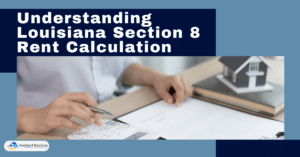Tenants may sue landlords for contract breach, hazardous housing circumstances, wrongful eviction, privacy rights infringement, discrimination, and carelessness causing injury or property damage. A good tenant-landlord relationship and legal avoidance depend on landlords knowing and following the law.
In this informative blog, we will explore six common reasons why tenants may have legitimate grounds to sue their landlords.
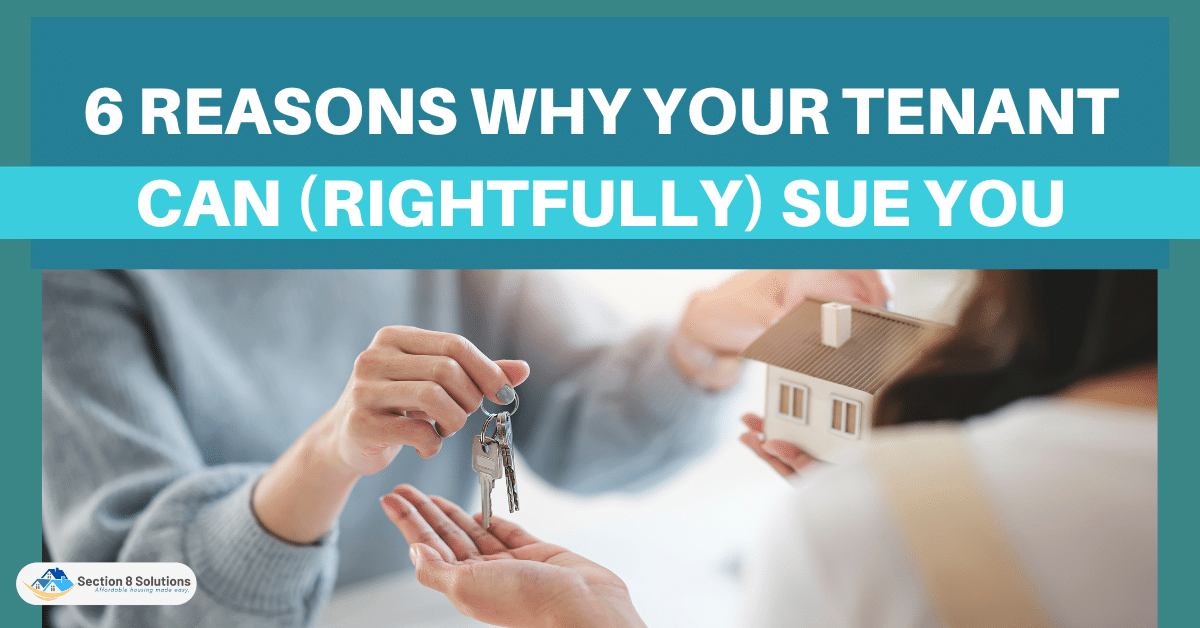
1. Breach of Contract
Landlords and renters sign a lease agreement to define their rights and duties. Tenants may sue landlords for breaching lease agreements. Let’s examine some frequent landlord contract breaches and their legal repercussions.
A landlord must supply water, power, and heating. A landlord breaches the contract if they fail to provide these services or intentionally turn them off. When landlords fail to provide a livable atmosphere, tenants may sue.
Landlords that ignore upkeep also break contracts. Landlords must quickly repair and maintain the property. It’s illegal to ignore plumbing, structural, or safety risks. Tenants have the right to a safe, well-maintained home, and landlord neglect may lead to a lawsuit.
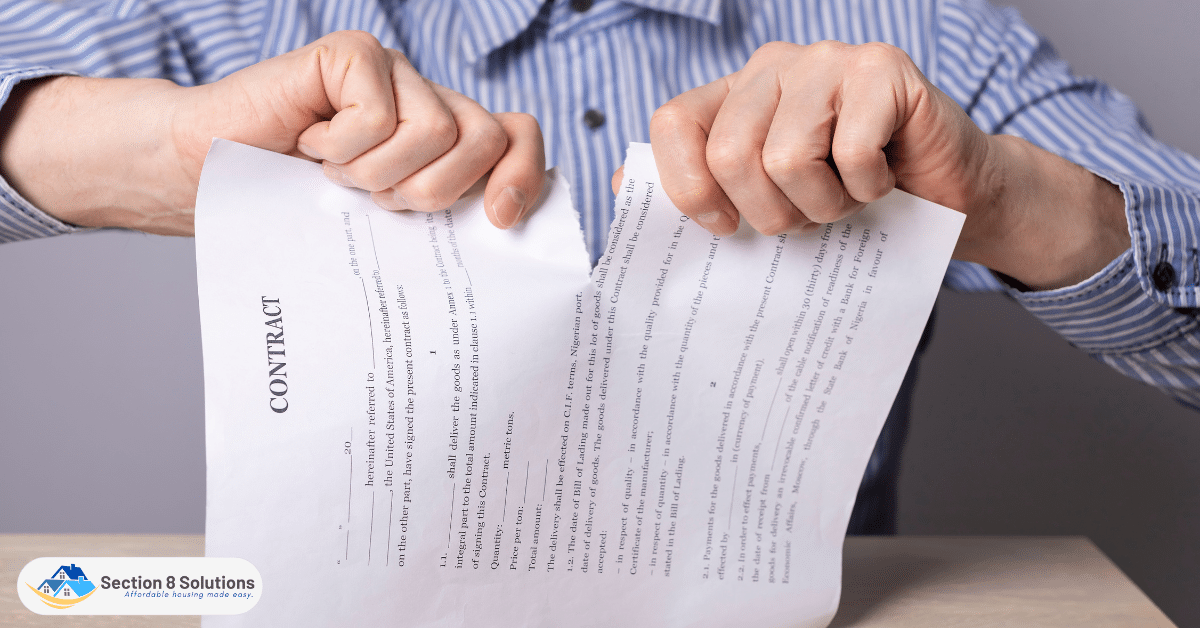
2. Unsafe Living Conditions
Tenants have the fundamental right to reside in a safe and habitable environment. Landlords have the responsibility to ensure that the rented property meets certain health and safety standards. Failure to address issues that compromise these conditions can not only put tenants’ well-being at risk but also expose landlords to potential lawsuits and financial liabilities.
Unsafe repairs are a prevalent concern. To ensure habitability, landlords must swiftly handle maintenance requests. Plumbing leaks, electrical problems, and HVAC failures may endanger residents. Tenants may sue landlords for not fixing these issues.
Pests may also make a home unlivable. Pests—whether cockroaches, bed bugs, or rodents—can negatively affect renters’ health and quality of life. Landlords must swiftly and properly treat pest infestations. Tenants have the right to live pest-free.

3. Unlawful Eviction
The process of evicting a tenant must strictly adhere to legal procedures and regulations. Engaging in unlawful eviction practices can lead to severe legal repercussions for landlords. Let’s delve into the consequences of wrongfully evicting tenants and highlight the importance of following proper eviction procedures.
Unlawful evictions violate renters’ rights and evade the law. Change locks to keep renters out. Landlords need court orders to remove renters. As renters have the right to enjoy their tenancy pending legal processes, doing so might result in legal penalties.
Removing tenants’ belongings without following the proper eviction process is another unlawful practice. Landlords cannot confiscate or dispose of tenants’ personal property without legal authorization. This action violates tenants’ rights and can lead to significant legal liabilities for landlords. Proper eviction procedures must be followed to handle a tenant’s belongings lawfully.
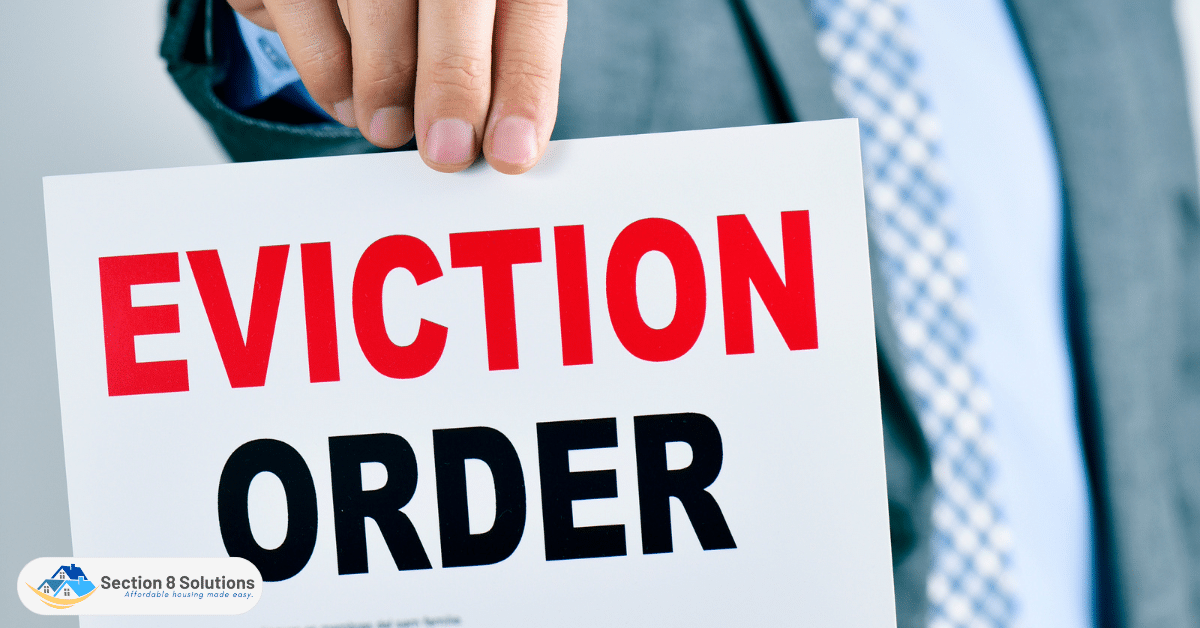
4. Privacy Rights Violation
Tenants have the right to privacy within their rented property, and landlords must respect and uphold these rights. It is essential to understand the instances where landlords may inadvertently or deliberately invade tenants’ privacy, the potential legal ramifications of such actions, and the significance of respecting tenants’ privacy rights.
One of the most apparent violations of tenant privacy is unauthorized entry into the rented property by the landlord. Landlords must obtain the tenant’s consent or provide proper notice before entering the premises. Unauthorized entry can infringe upon a tenant’s sense of security and privacy, potentially leading to legal consequences for the landlord.
Surveillance without the tenant’s consent is another violation of privacy rights. Landlords cannot install cameras or engage in any form of surveillance inside the rented property without the tenant’s knowledge and permission. Even if there are shared spaces like hallways or common areas, tenants have a reasonable expectation of privacy within their individual units.

5. Discrimination
Discrimination based on protected characteristics is strictly prohibited in the realm of landlord-tenant relationships. Landlords must understand the legal ramifications of discriminatory actions and adhere to their obligations under fair housing laws. Let’s explore how discrimination can lead to valid lawsuits against landlords and highlight the importance of complying with fair housing regulations.
Discrimination based on race, religion, gender, disability, or other protected characteristics is not only morally wrong but also illegal. Landlords who engage in discriminatory practices can face valid lawsuits brought forth by aggrieved tenants. Such lawsuits may seek remedies for damages, injunctive relief, and even punitive damages in some cases.
Fair housing rules require landlords to treat all renters equally. They cannot discriminate during tenant screening, application review, or lease termination. Discrimination may take many forms, such as refusing to rent to protected renters or imposing different terms or conditions on them.

6. Negligence Causing Harm or Property Damage
Landlords must protect renters. Hazardous circumstances, neglected maintenance requests, and poor security may cause tenant injuries and property damage. Let’s examine landlord carelessness and its financial effects.
Failure to fix rental property hazards is prevalent. Landlords must fix damaged stairs, poor wiring, and leaking roofs to keep tenants safe. If a landlord neglects maintenance and injures tenants, they may be held liable.
Neglecting maintenance requests may injure tenants or destroy property. Landlords must promptly answer tenant maintenance requests. Neglecting repairs may aggravate conditions, cause accidents, or destroy property. Landlords may be liable for tenant injuries or property damage.
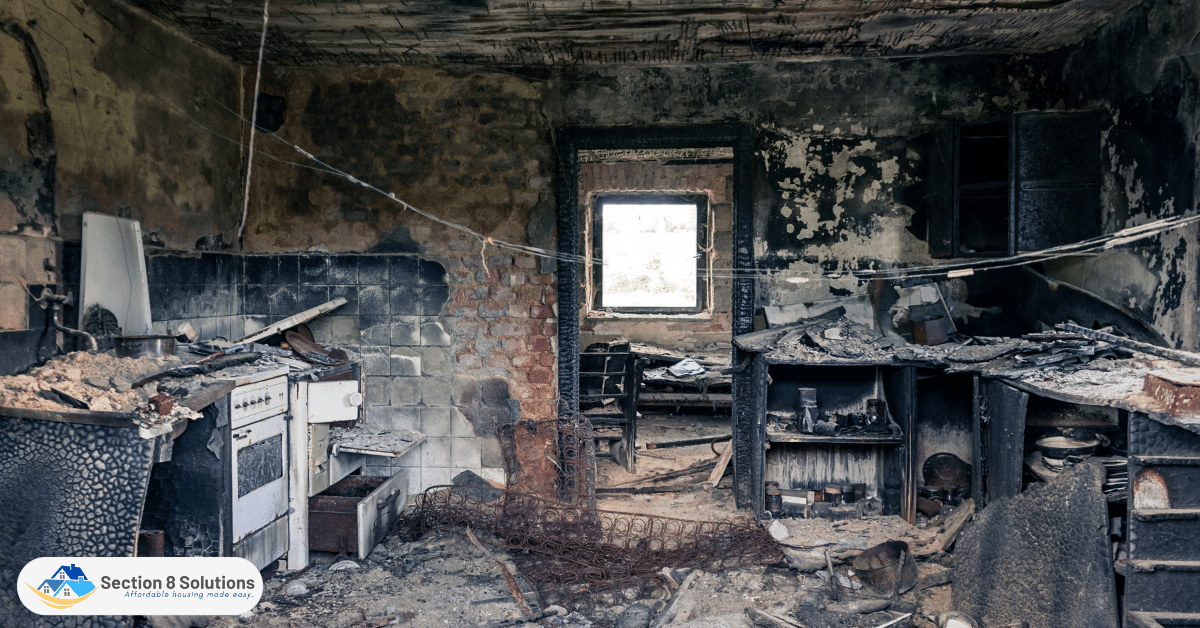
Conclusion
In conclusion, recognizing and completing landlord obligations is essential for a good tenant-landlord relationship and litigation avoidance. Repairs, maintenance, and security must be prioritized by landlords for tenant safety. Responsible landlords respect privacy, follow fair housing rules, and prevent prejudice.
By addressing five crucial elements, landlords may promote harmony, avoid expensive legal disputes, and assure tenant happiness and well-being. A good tenant-landlord relationship is built on proactivity and legality.







